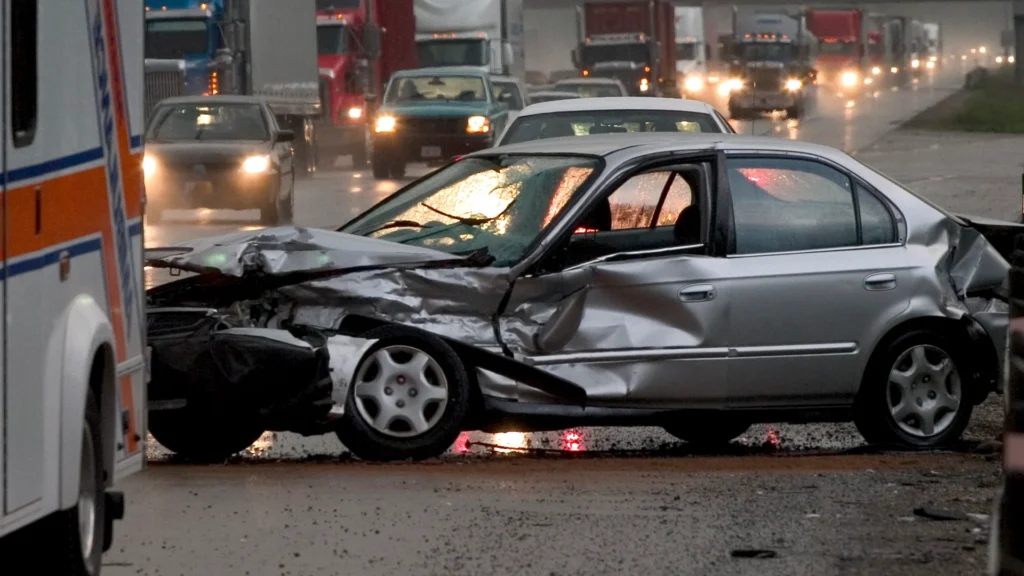UBER RIDESHARING SERVICES
Uber, established in 2009 as “UberCab,” stands as a global leader in the ridesharing industry, operating in over 60 countries. Originating in California, Uber quickly grew into a popular transportation alternative to traditional taxis, offering both affordability and convenience.
To access Uber’s services, users must download the Uber app, input their details (including name, phone number, and payment information), and request a ride. Uber has evolved to offer a variety of services to cater to different needs. UberX, its most popular service, provides private rides for up to four passengers.
UBER’S POLICY AND LIABILITY INSURANCE
Uber classifies its drivers as “independent contractors” and not employees as to deflect liability for any injuries sustained in a crash. However, passengers are insured up to $1 million per ride in commercial liability insurance.
Unlike taxi cab companies, Uber defines itself as a technology provider, not a transportation company or car service, allowing the company to deflect blame onto its drivers and making it tougher for accident victims to make complaints or claims with Uber.
Uber is notoriously hard to reach by phone. Victims may be able to contact Uber customer service care or an Uber partner by e-mail or through their social media, but even those methods are known to be unreliable. Our attorneys have the knowledge and resources to touch base with Uber and their drivers.
California law sets insurance coverage requirements for all Transportation TNCs, including Uber. The company now provides $50,000/$100,000/$25,000 of contingent coverage between trips. However, there remains the question of what happens when a driver has multiple ridesharing apps open at the same time.
Injured pedestrians, bicyclists, and other motorists are also entitled to substantial compensation. Victims who are not passengers can still recover from the driver’s insurance policy in addition to Uber’s excess policy.
Our firm provides specifically tailored legal solutions form all of our clients, and our primary goal is to recover maximum compensation for your injuries. Our highly trained specialists are often approached by other lawyers for help with their cases. Let us help you get the justice you deserve.









